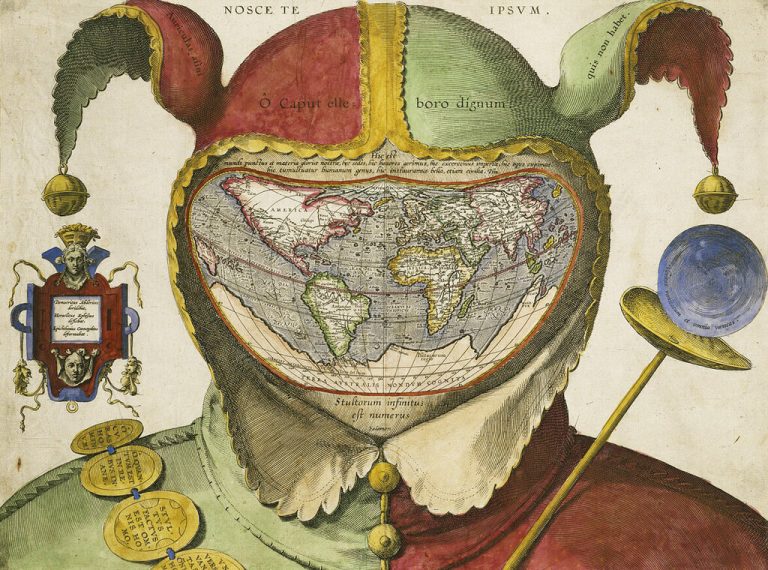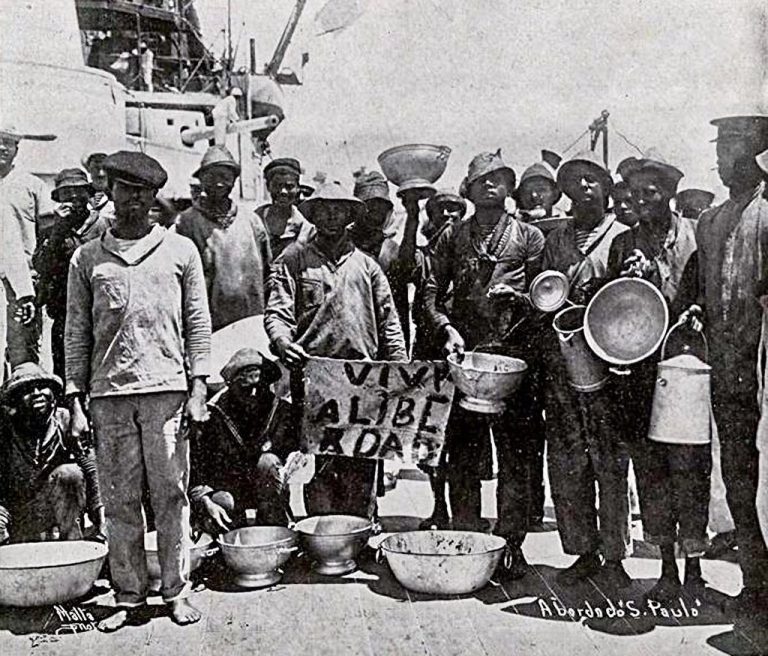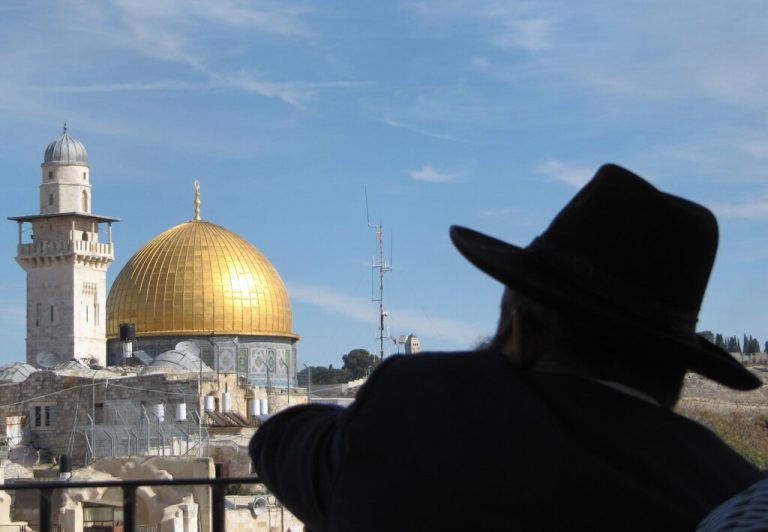“A little tired, we had to sleep in the worst conditions, on the slopes of the mountain, without a sleeping bag or anything, and just that night we found a small hut, four meters long and three wide. […] To protect us from the fog, the humidity and the cold, we decided to stay there until dawn. In the morning, before we wake up, a patrol of soldiers enters the hut and wakes us with rifles on our chest. […] The way those people were bloodthirsty, they would have murdered us right there. But there was an incredible luck: there was a black lieutenant named Sarria, who was not a murderer and had some authority. The soldiers were excited, they tied us up, pointed the rifles at us and wanted to kill us. […] They said we were killers, that we wanted to kill soldiers. […] We already thought we were dead; I could not imagine the most remote possibility of survival. During the discussion with the soldiers, the lieutenant intervened and said, ‘Do not shoot, do not shoot.’ He forced himself on the soldiers, while he repeated in a low voice: ‘Do not shoot, ideas can not be killed.’ Three times that man repeated: ‘Ideas can not be killed.’ […] I had been impressed by that lieutenant’s attitude, and after walking a little, I called him and said: ‘I saw how you dealt with it and I do not want to deceive you, I am Fidel Castro.’ He warns me, ‘Do not say anything to anyone.’ […] Further on came a commander named Perez Chaumont, one of the main killers and responsible for the deaths of many people. He ordered us to the barracks. The lieutenant argued with him and did not obey. He took us to the House of Detention in Santiago de Cuba, where we were at the disposal of civil justice. If we had arrived at the barracks, they would have made us mincemeat.”
This account of Fidel Castro for Frei Betto, which appears in the book “Fidel and Religion,” refers to the days that followed the assault on the Moncada Barracks in 1953 – Fidel’s first attempt to launch a movement to overthrow Fulgencio Batista’s dictatorship. He was arrested, exiled, and, six years later, disembarked in Cuba and returned to the mountain where he had almost been killed before. There he formed the basis of the revolution which, in two years, triumphed.
In the 57 years that separated 1959, the year of the triumph of the revolution, from 2016, the year of the death of its leader, many attempts were made to end violently with the revolution and with Fidel. The first attempt dates back to 1961: looking at the Revolution, the Americans train a group of anti-Castro exiled paramilitaries, who land at Praia Girón (or Bay of the Pigs) on April 15. In Ciudad Libertad intense fighting takes place, and a Cuban militiaman, when hit by a shot of the invaders, fights against death to paint on a wall, by hand and with his own blood, the name of Fidel.
Frustrated, the invasion became hundreds of plans to assassinate Fidel Castro. In “638 ways to kill Castro,” Dollan Cannell documents the hundreds of attempts to end the Commander’s life. Explosive mollusks, poisoned cigars, gas-filled LSD pens were some of the CIA’s, Cuban exiles’ and mafiosi’s daydreams to kill the leader of the Cuban Revolution.
These are those who, on November 25, 2016, celebrated vigorously in the streets of Miami, at the tables of the US Secret Service and in the penthouses of the world. That is what remains for the defeated, who have tried so hard to kill Fidel – but who, shamed, swallow with their dry throats the fact that the Commander was taken by what he ruled and dominated: time. The blood of the militiaman, traced “Fidel” in a wall of Ciudad Libertad, continues pulsating.
Ideas can not be killed. Ideas can not be killed. Ideas can not be killed.







































